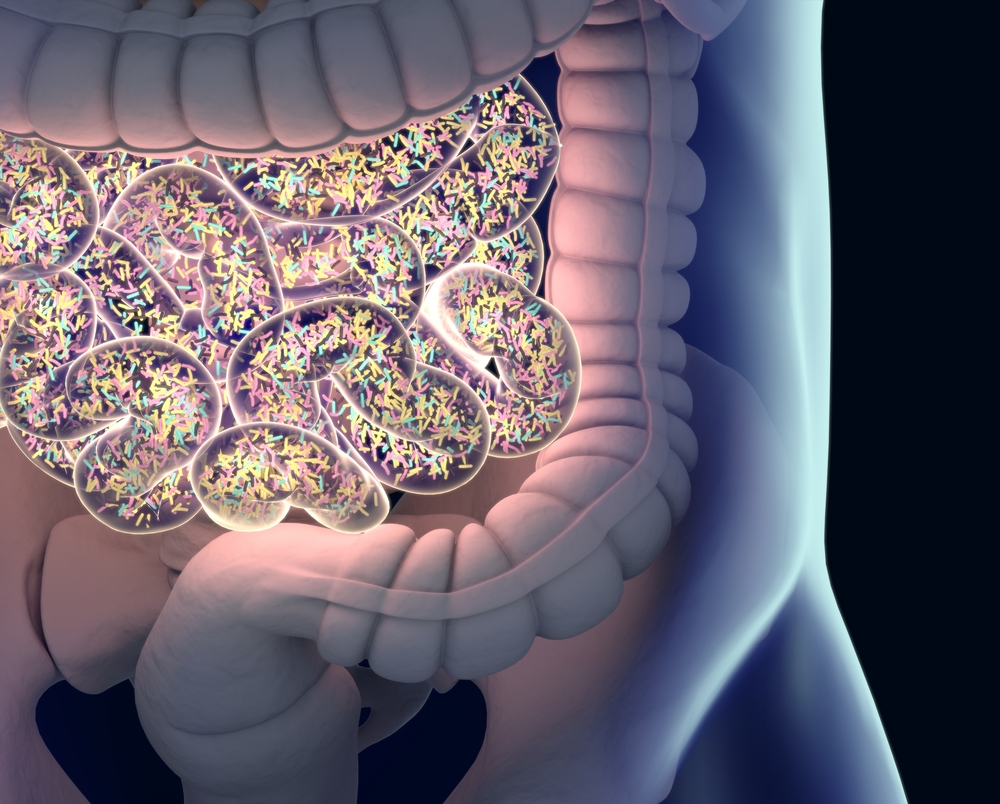PAH Seen to Alter Gut Microbiota in Rat Study, and Resulting Imbalance May Affect Disease Course
Written by |

Pulmonary arterial hypertension (PAH) affects the health of the gut’s microbial community, or microbiota, with an imbalance possibly being a factor in disease progression, a small study performed in a rat PAH model reports.
The study, “Pulmonary Arterial Hypertension Affects the Rat Gut Microbiome,” was published in the journal Nature Scientific Reports.
The gastrointestinal tract is colonized by gut microbiota, a vast community of commensal (“friendly”) bacteria, fungi, and viruses, which play an important role in gut health. This community helps to maintain a balanced gut function, protect against disease-causing organisms (pathogenic organisms), and influence a person’s immune system.
Changes in the healthy balance of gut microbiota have been shown to trigger or worsen many disorders— including respiratory, cardiovascular, inflammatory, and psychiatric — as well as diabetes, obesity, and cancer.
Increasing evidence supports that an unbalanced microbiota may be restored using probiotics — live friendly microorganisms that improve gut health, or by prebiotics — food ingredients that induce the growth or activity of friendly microorganisms. Probiotics supplementation was shown to restore gut microbiota and improve disease biomarkers.
Interested in PH research? Check out our forums and join the conversation!
But disease can also alter gut microbiota — a process called dysbiosis. The hallmarks of dysbiosis include a less diverse gut microbiota, a decrease in specific bacteria that degrade dietary fiber in the colon, and a higher ratio between Firmicutes and Bacteroidetes, the two main groups of bacteria in the gut.
An increase in the Firmicutes-to-Bacteroidetes ratio has been associated with multiple disorders, and found in animal models of systemic hypertension.
Several molecules – mainly involved in the immune response – are known to be affected by gut dysbiosis and involved in PAH development, suggesting a potential link between changes in gut microbiota and PAH. However, what happens to the gut microbiota in PAH is still unclear.
To clarify whether PAH could influence the healthy balance of gut microbiota, researchers in Spain analyzed the microbiota of a rat model of PAH.
They looked at the early stages of PAH in these rats to determine if potential changes in microbiota could be considered to play a role in disease progression, rather than just being a consequence of long-term disease.
The composition of gut microbiota in four rats with PAH was compared to that of four rats without PAH, serving as controls. This was determined by genetic sequencing and bioinformatics analysis.
Rats in the early phases of PAH showed changes in gut microbiota compared to control rats. While the diversity of the microbiota was unchanged, the Firmicutes-to-Bacteroidetes ratio was significantly higher in animals with PAH.
“The most important and recognized biomarker of dysbiosis, the F/B [Firmicutes-to-Bacteroidetes ratio], was significantly increased in PAH,” the researchers wrote. PAH rats had a three-fold increase in Firmicutes-to-Bacteroidetes ratio.
The team also found a reduction in the levels of specific by-products of fiber degradation in the blood of rats with PAH, in agreement with an observed reduction in the types of bacteria that produce them.
This study, the researchers noted, marks the first evidence that PAH affects the gut microbiota, and the specific changes in several types of bacteria demonstrated replicate changes previously shown in other diseases.
Additional studies are needed to clarify whether this dysbiosis is involved in PAH progression or if it is just a parallel event. “If the former is true, a new therapeutic window will be opened in PAH,” the researchers concluded.



